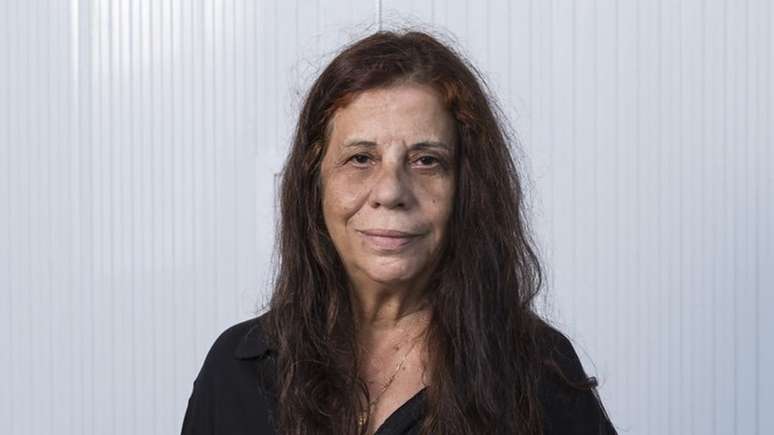Antisocial personality disorder (ASPD) generates a lack of empathy and makes it very difficult to build strong relationships. Antisocial people, also known as people with antisocial personality disorder (ASPD), suffer from a neuropsychiatric disorder that, according to more recent academic studies, affects approximately 1-2% of the world’s population. That means that […]
Antisocial personality disorder (ASPD) generates a lack of empathy and makes it very difficult to build strong relationships
Antisocial people, also known as people with antisocial personality disorder (ASPD)) suffer from a neuropsychiatric disorder which, according to more recent academic studies, affects approximately 1-2% of the world’s population. This means that one in a hundred people lives with this disorder. And, according to these data, in Brazil we would have between 2 and 4 million of these people. Taking liberties with words here, we can call them “emotional colorblind.”
What is TPAS
According to Danielle H. Admoni, general, child and adolescent psychiatrist, researcher and supervisor at the Psychiatry Residency of the Federal University of São Paulo (UNIFESP/EPM) and specialist at the ABP (Brazilian Psychiatric Association), antisocial disorder of personality accompanies the person throughout their life. “Essentially, the individual has difficulty relating and having empathy with other people,” explains the doctor.
“What draws the most attention is this lack of empathy that we, as human beings, living in society, must necessarily have.”
The lack of empathy of the antisocial
Therefore, people with ASPD choose to do everything in their lives for their own benefit, even if this means “overpowering” other people and hurting them, sometimes even physically. “It’s like she’s the center of the universe and everyone else is there because of her,” Danielle adds.
According to the psychiatrist, some people with antisocial personality disorder are very intelligent and can live in society, but, in reality, they do not have solid relationships, neither emotional nor friendly. “Sometimes they even end up committing crimes, to justify what they think is right, all for their own benefit,” he points out.
Domestic trauma
Also according to Danielle, there are not enough studies that actually define the possible cause of ASPD in individuals, there are some theories. “We know that if you have a father or mother with a personality disorder, you are more likely to have one too. Or if you have suffered some significant childhood trauma, such as abandonment, very serious violence, substance use during pregnancy, but there is nothing very definite yet.”
“What we know is that these people rarely come from functional, loving families, they generally have a very difficult childhood family history.”
It’s not tea!
There is a very erroneous common sense confusion linking antisocial personality disorder to autism spectrum disorder. The specialist psychiatrist explains that they are completely different conditions. “A person on the autistic spectrum has impaired social cognition of others and may have difficulty understanding the emotions of others. But it is very different from the antisocial, because in the first case there is empathy, it is not someone who justifies things ‘inside what he believes in,’ he explains.
“It is one thing to have antisocial personality disorder, where there is no empathy towards others, and another thing to have autism spectrum disorder, where there is empathy, but there is difficulty understanding others,” underlines Danielle . (BOX)
Is there a cure for antisocials?
Unfortunately, there is no cure for antisocial personality disorder, which can accompany a person throughout their life. But yes, there is a way to achieve a certain type of improvement, as the professional recommends. “It is important to resort to psychotherapy, analytical therapy, CBT and family guidance. People must learn to deal with this person, but there is no cure, it is something that accompanies the person throughout their life,” he concludes.
Source: Terra
Ben Stock is a lifestyle journalist and author at Gossipify. He writes about topics such as health, wellness, travel, food and home decor. He provides practical advice and inspiration to improve well-being, keeps readers up to date with latest lifestyle news and trends, known for his engaging writing style, in-depth analysis and unique perspectives.








